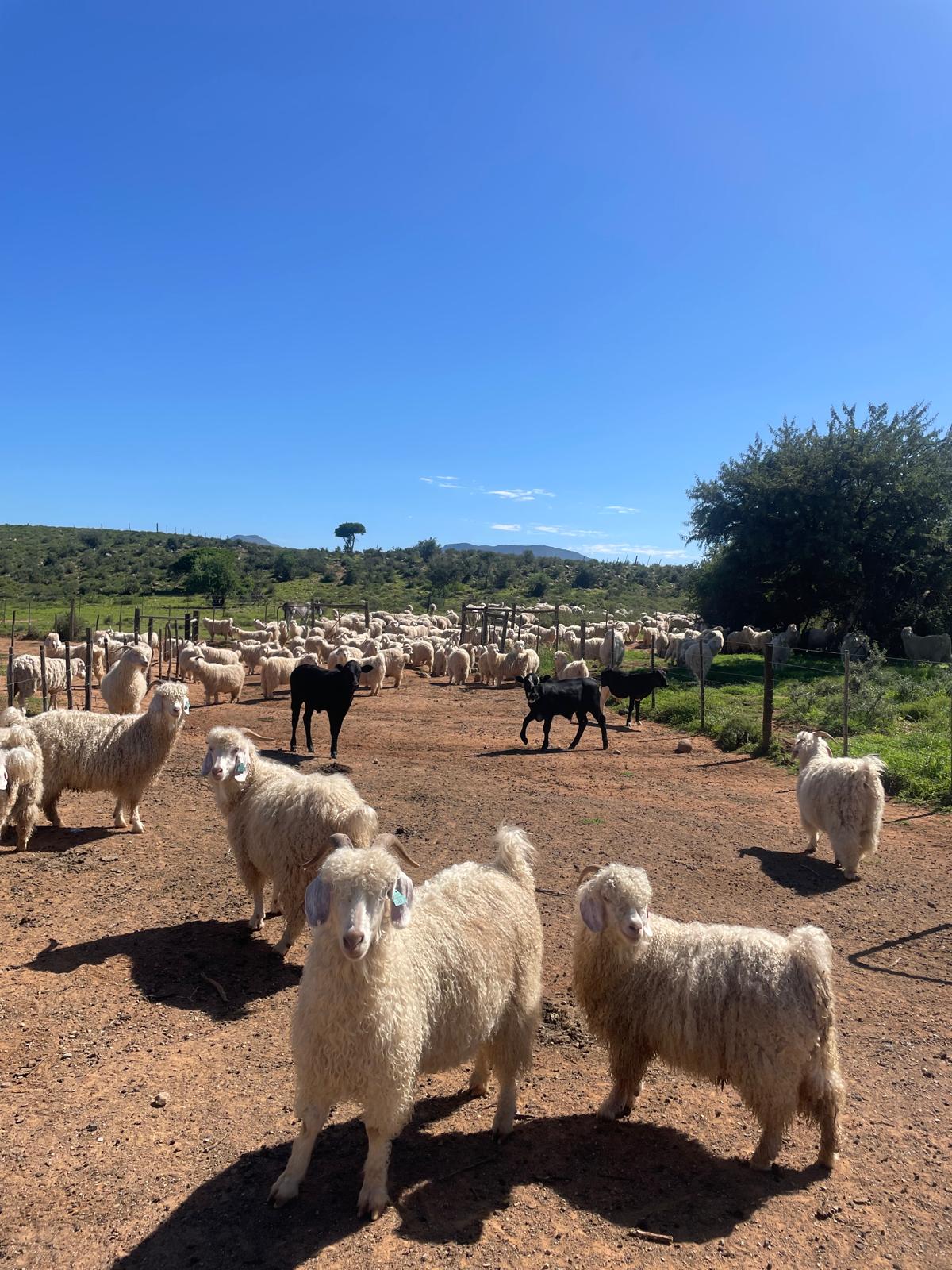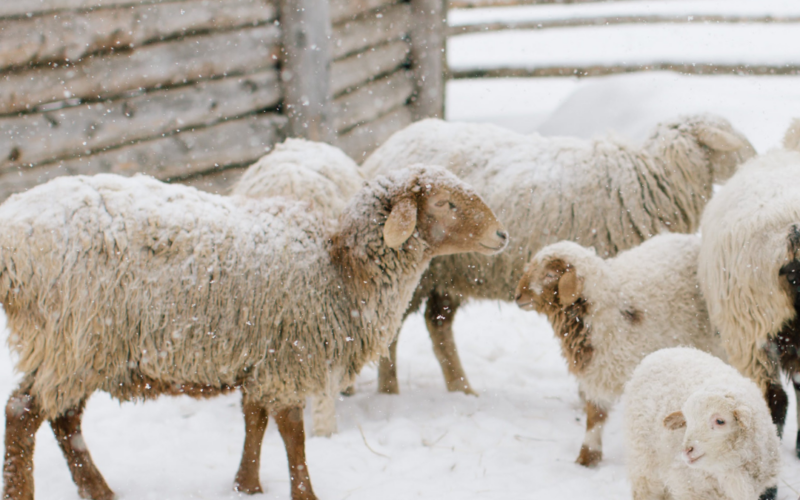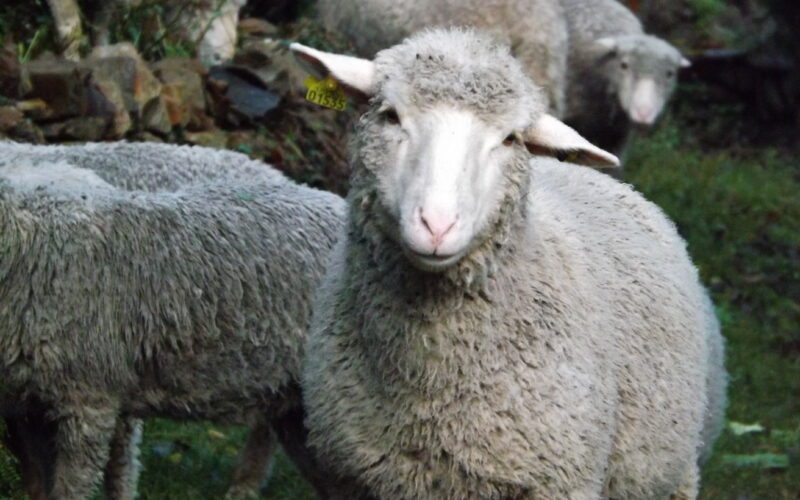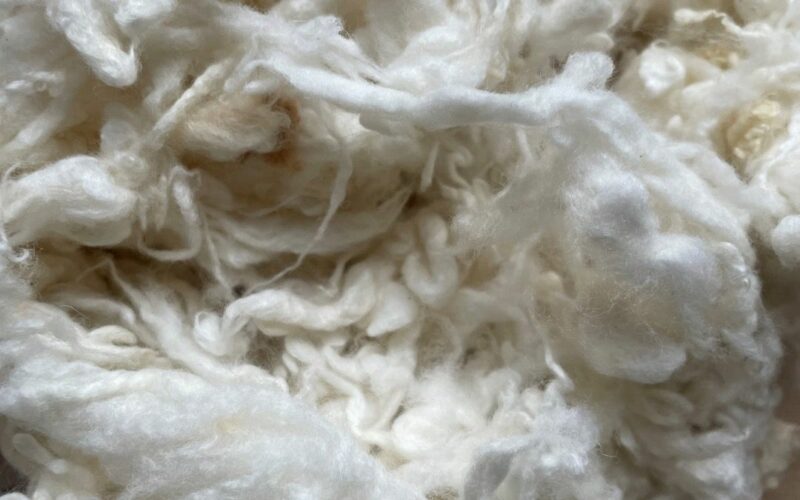Merino wool is the most technically advanced fibre in the world, with unique moisture and temperature regulating properties. This exceptional natural fibre is an essential material for woollen sportswear. Thanks to its exceptional natural technical properties, merino wool meets the requirements of athletes looking for comfort, performance and optimum moisture management. Although wool is not currently the first textile fibre to be associated with sportswear, it is nevertheless one of the best for meeting the specific needs of sportspeople.

Wool: a natural animal fibre with unique properties
Wool is a natural fibre with exceptional properties, made up of keratin like our hair. Each breed of sheep produces wools of varying fineness, each with different properties and uses. Merino wool, which is fine and soft, is particularly suited to garments worn next to the skin.
Its unique structure allows the wool to absorb up to 35% of its weight in moisture without appearing wet before evacuating it: it is breathable. The air pockets between its fibres protect the body from temperature variations, insulating against both cold and heat. These features are particularly useful during intense sports activities followed by periods of rest.
The performance of wool during sporting activities.
-
Moisture management and moisture wicking
Wool acts like a second skin, absorbing and then evacuating moisture while preserving body heat. This mechanism is based on the hygroscopic properties of the fibre, which absorbs the water vapour produced by perspiration, then gradually releases it into the air. This moisture management is particularly beneficial for sportspeople, especially when cycling, hiking or trekking, where the intensity of effort varies.
-
A constant temperature despite variations in outside temperature
Wool sportswear stands out from its competitors thanks to its exceptional insulating properties. Outside air is captured and trapped between its fibres, forming a thermal barrier against cold and heat. Wool garments are particularly popular for mountain sports, where temperatures change rapidly.
-
Anti-bacterial and anti-odour properties
Unlike synthetic fibres, wool has natural antibacterial properties.
The structure of wool and its ability to absorb moisture reduce the growth of bacteria responsible for unpleasant odours caused by perspiration. After an intense day’s sport, simply airing the garment at night is enough to leave it as fresh as if it had just been washed. These properties mean that woollen sportswear not only performs well, but is also hygienic, even after prolonged use.

Comparison with other sports fibres
Although widely used in the sports industry, synthetic fibres such as polyester have their limitations. Their poor ability to absorb moisture creates a build-up of perspiration, leading to discomfort, odour and irritation despite their ability to dry quickly.
Cotton, which is soft and absorbent, is not recommended for sports activities because it retains moisture and does not dry quickly, causing a sudden chill after exercise. Wool, on the other hand, is perfect in stop-and-go activities thanks to its dynamic thermoregulation and breathability.
Often copied, never equalled, the exceptional natural properties of merino wool bring comfort and performance to sports activities in summer and winter alike. This 100% natural, renewable and biodegradable fibre is an environmentally friendly choice for sportspeople concerned about the impact of their textiles. Although the initial investment may seem high, the versatility, longevity and technical qualities of merino wool make it an ideal choice for all sports.





